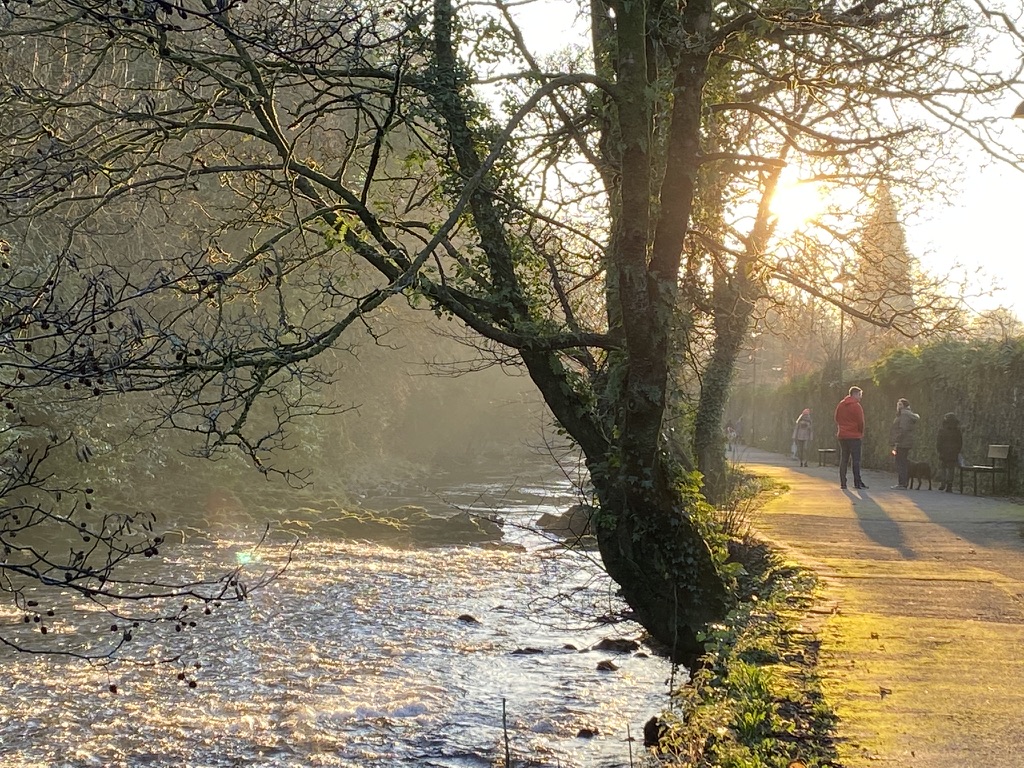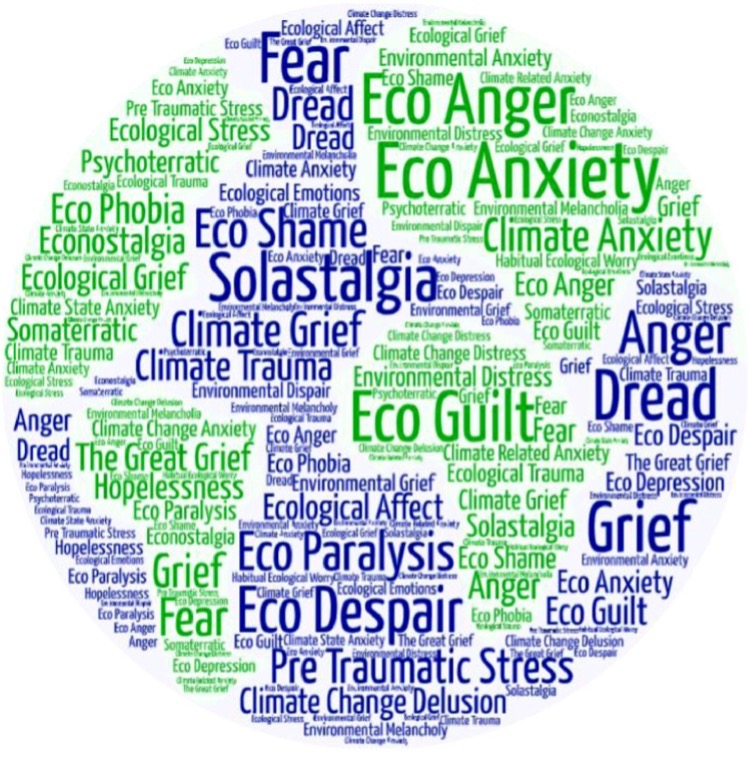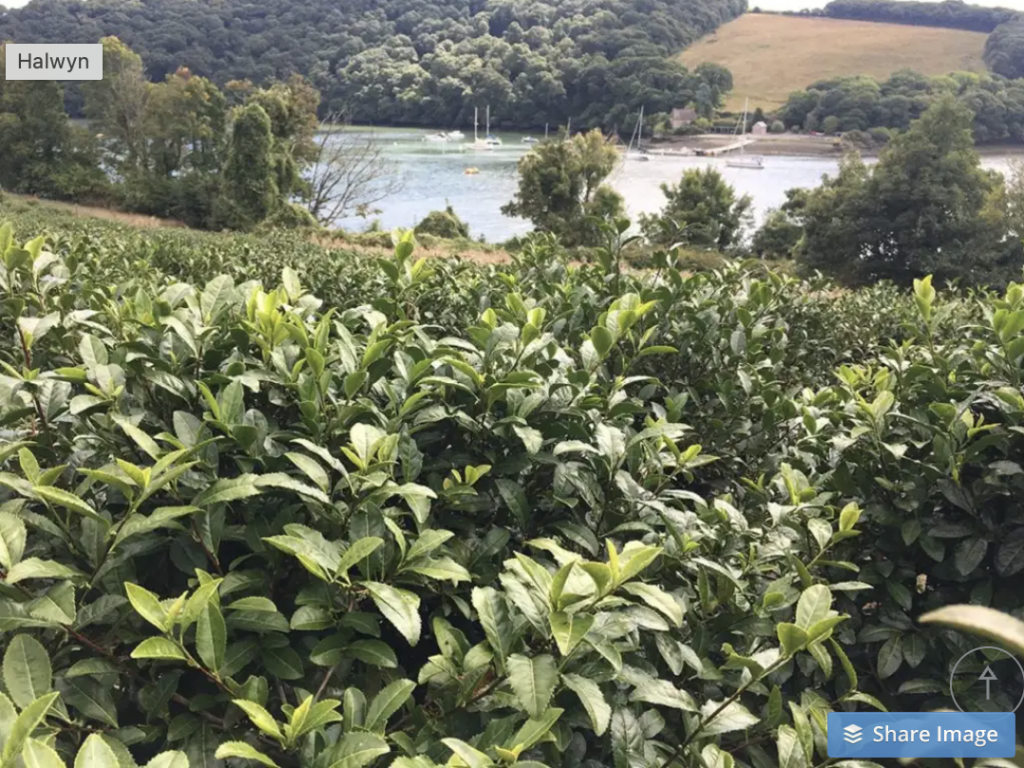By Lara Just, January 2022…

River Tavi, Tavistock, Devon (photograph by Lara Just)
Well at least it is getting warmer here in the UK! I chuckle, agreeing to a client’s joke in session. In fact, I used to do this probably many times with other colleagues and friends. Let’s face it, it’s easier to not think about it or make light of it, right? To be honest, what else can you do when the truth seems too overwhelming and painful? Or is it?
I am in the same boat. I have to shamefully admit, that I was probably one of the worst at joking about this. I love the sun. ‘Oh at least I don’t have to travel to Spain or South Africa anymore for some hot summer weather!’ ‘Well, at least now we can enjoy wine from vineyards in the UK!’ ‘Did you know there are tea plantations in Cornwall now?’
I didn’t believe that last part at first. Did you know about it?
A new neighbour told me at first. One of the old type that has been in the Royal Navy here in Plymouth, the ones that love to joke and pull your leg; especially if you are German (me).
However, I found out months later that Britain’s first and only tea plantation so far has been thriving since 2005 after first planting in 1999. And also first tea plantations in Wales have experienced good yields since 2018 – of all places! British vineyards have been around since the 80ies but only really seen more staggering yields since 2013 (see here a list of British Vineyards).
That’s great for us and something to be proud of here, right?
Well, yes and no. For the Cornish and Welsh people it is amazing to achieve this for the local economy. But on a global scale it is very worrying. To be honest, I still really cannot get my head around wine and tea being produced in England. (I have promised myself to book a weekend to see it with my own eyes.) In my own my mind I always pictured the vast hillsides of Southern Europe or far away tropical and subtropical plantations. But they are here on our doorstep now.
Because it seems positive, we don’t yet really have to worry. Right?
And yeah, there are more floods and storms and strange weathers, but the worst freak weather, droughts and fires are elsewhere on other continents, so it doesn’t concern us immediately, right? And, we really have to focus on the pandemic and sort out the virus first, right?
However, Covid-19 may just be another presentation of the interconnectedness and results of human activity on our planet, and it may not be the last. The positive aspects that the pandemic has brought is showing that if governments act fast for once and on a global scale things CAN shift. And we saw also it DID make a dent in the environmental burden and activity especially which many people could witness around the world at the time.
The point is that anything beyond our homes or front doors feels often hard to be concerned about. We are all so busy and stressed enough, why feel any more depressed. Let’s stay positive and happy and do our bit. Some more recycling perhaps and using a take-away cup, that should be enough, right?
Sadly, I have to admit that I often fall into this too. I only watch the news sometimes, being accurate – actually very rarely. It makes me feel too depressed, not just about negative news stories, but also the choice of what is reported and what in fact isn’t and should. Also, I tried not to look too close, or read too much about the climate and nature crisis; may have even dismissed it as scaremongering at times since we still got loads of time, right? It feels better to believe that.
It would be too painful and overwhelming to be confronted the reality. There would be too many emotions to deal with at once including anger, shame, guilt, but also numbness, paralysis and unimaginable grief and sadness. At least for me, whenever I dipped my toes more into it.
How is it even possible to believe scientists that it could take only 30 years from now (that is 2050) for the entire collapse of biodiversity and civilisation? And that from now and less than the next 5-8 years (by 2030) we will find out if anything will have worked or if we will have reached a level where no other efforts will even make a dent going forward (something in science called the ‘tipping point’).
But that would mean we would really need to act now. Collectively. All of us. On the entire planet.
As in right NOW.
Let me boil the kettle and make a cup of tea, I am getting overwhelmed again…
Like everyone else, I am only muddling my way through all this. I am only starting to look more at the facts, talk to colleagues and friends who are much more involved in this already. We speak about our worries and concerns, and it feels good actually to start creating a space where we can talk about it.
It also makes us aware, that deep down, none of us are entirely willing yet to change our lifestyles in a way that would really make adequate impact. Obviously, we can’t stay in a lockdown situation forever, that’s just no fun. We may be willing to recycle our plastic and glass, and may even take our eco-cup in the car to the nearest Starbucks drive-through, but this won’t be cutting it.
There will need to be different ways, and some of the solutions are already available that are feasible and not so difficult to achieve for each person. It starts with some more education around awareness of this and also to start talking about things (see my latest eNews from February for some tips and support on the topic).
In my psychotherapy practice, I am recently confronted more and more with clients’ increased anxiety and sadness about their future and the environment. This ranges from hopelessness to anger, to powerlessness, despair, guilt and shame. But more so from younger people than those of my age and older.
Eco-anxiety was defined by the American Psychological Association in 2017 as “a chronic fear of environmental doom” and the Climate Psychology Alliance describes it as heightened emotional, mental or somatic distress in response to dangerous changes in the climate system. It is often synonymous with climate anxiety and climate distress.
But it can affect us with a wide range of emotions (see image below) and can escalate to self-destructive and self-harm behaviours, even suicidal thoughts:

Just last month, a global study on eco-anxiety was published in December 2021 showing that this is now happening in young people across all over the world – and it is worse than anticipated.
They interviewed 10,000 children and young people around the world about how they are feeling about their future, and the results were staggering:
- 8 out of 10 children and young people worry that climate change is threatening people and the planet
- Nearly half (45%) reported negative impact on daily functioning (eating, concentrating, work, school, sleeping, spending time in nature, playing, having fun, relationships)
- 4 out of 10 (39%) are hesitant to have their own children because of climate change
- 3/4 (75%) think the future is frightening
- Less than 1/3 felt optimistic or indifferent
- And 6 out of 10 believe that governments are failing young people
- Over half (56%) of the sample think that humanity is doomed
- Nearly half (48%) have been dismissed or ignored by other people when they try to talk about climate change
You can find these and more findings in the full study here. Here is also a video presentation of the findings and interviews of the lead authors, it is really worth watching.
This seems like a very sad state of affairs. And a big finding of this study is not only that children and young peoples’ feelings about their future is worse than the authors had anticipated, but also that their trust in governments and adults – those who hold the duty of care – to listen to their concerns and distress and to act appropriately has been seriously damaged.
This study is important evidence in a major current case at the European Court for Human Rights, where 33 states have been charged violation of human rights due to their inaction in regards to the this crisis [see the link to the video above, where Human Rights lawyer explains more why].
And these concerns are only going to increase going forward. Mental health and psychological support has never been more important, and will be in the years to come.
But how do we even start providing safe spaces where these concerns can be voiced?
How can I as a psychotherapist, support my clients and future clients, when I am feeling anxious, angry and grief-stricken myself? How can we as therapists help best when we are affected too? How can we brush up on our facts and scientific knowledge and not inadvertently dismiss its seriousness? How can we help to support distress, grieving and anxiety, and encourage action and behaviour change for adequate hope?
Eco-anxiety needs to be normalised as a correct and healthy human response, not a pathology; it would be pathological NOT to respond in this way.
We cannot provide false hope on the topic but only encourage hopeful ways of managing and channeling some these strong emotions into more positive and sustainable behaviours and action for the sake of our mental health (and the planet’s). forward.
We are all in this together and are vulnerable to these feelings. Covid-19 has prepared us and shown this already at a major scale so far.
The most important thing we can do to come to terms with this magnitude of a topic affecting globally –
is to start talking about it.

For any comments or questions, please contact me.
For more tips, help and resources (films, books, courses), see my February 2022 newsletter on the topic.
References
Hickman, C., Marks, E., et al. (2021) Climate anxiety in children and young people and their beliefs about government responses to climate change: a global survey. The Lancet Planetary Health, Vol 5 (12), December 01, pp. E863-E873.
Yumiko Coffeya, Y., Bhullara, N., et al. (2021) Understanding Eco-anxiety: A Systematic Scoping Review of Current Literature and Identified Knowledge Gaps. The Journal of Climate Change and Health, Vol 3, pp. 2667-2782.
Resources
AimHi Earth – www.aimhi.earth/ is n organisation to help educate to action, to activate, inspire and empower changemakers around the world. They have created the world’s leading live-learning experience for understanding more on the topic. It is a succinct four-lesson part low cost (or free) crash course on building more awareness around and how to deal with our crisis. With huge support by the Eden Project, ReWild, Rainforest Trust, BBC Wildlife Magazine. UN Environmental Programme, and many others. The short course starts on 8th and 13th February 2022.
Book: Grose, A. (2020) A Guide to Eco-Anxiety: How to Protect the Planet and Your Mental Health. London: Watkins Publishing.
Book: Kennedy-Woodard P. and Kennedy-Williams M. (2022) Turn the Tide on Climate Anxiety: Sustainable Action for Your Mental Health and the Planet. London: Jessica Kingsley Publishers.
Book: Weintrobe, S. (2021) Psychological Roots of the Climate Crisis: Neoliberal Exceptionalism and the Culture of Uncare. London: Bloomsberg Academic.
Caroline Hickman (lead author of the study mentioned above) has some useful resources on her website
Climate Crisis Advisory Group – www.ccag.earth is a new advisory group to help inform the public, governments and financial institutions providing them with the most comprehensive science, and more crucially, guiding them towards action for climate repair. They have some useful website resources and regular public meetings, with their next online live youtube meeting on Thursday 27th January 2022 at 12:00
Royal College of Psychiatrists guidance: “Eco-Distress for young people”
Royal College of Psychiatrists guidance: “Eco-Distress for parents and carers“ this is useful and informative guide including what you could do to feel better (e.g. including making a ‘self-soothe box’ described by Young Minds Charity) ”
Royal College of Psychiatrists (2021) “RCPsych declares a climate and ecological emergency” “…More than four-fifths (84%) of the UK public think the climate and ecological emergencies will affect mental health in a decade at least as much as unemployment (83%) and Covid 19 (84%), new research from the Royal College of Psychiatrists has found.”
UK Health Alliance on Climate Change – The UK Health Alliance on Climate Change (UKHACC) brings together doctors, nurses and other health professionals to advocate for responses to climate change that protect and promote public health. They have some useful resources.
UN Carbon off-set calculator is interested to calculate our personal carbon footprint (in tonnes per year) based on your three main areas: electricity/heating, transport, and lifestyle. It is a bit debatable but interesting to do. The Western ‘developed’ world will have higher emissions than the developing world per household.
Sally Weintrobe – psychoanalyst who has written a latest book on the topic from a psychoanalytical view point, “we live in a culture of uncare“, see her website here.
Young Minds Charity: How to make “Self-Soothe Boxes“